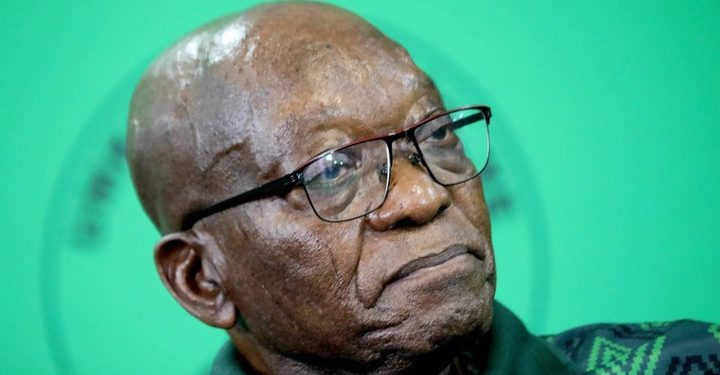South Africa’s stalled digital migration project came under sharp scrutiny in Parliament as MK Party members launched a scathing attack on Communications Minister Solly Malatsi’s department, accusing it of systemic failures in bridging the nation’s digital divide.
Leading the charge, MK Chief Whip Colleen Makhubele branded the department’s performance “a catastrophic mismanagement of public funds,” highlighting how repeated delays in spectrum migration have left millions of rural residents without reliable digital access. “After 17 years of promises and billions spent, our rural communities still can’t access basic digital services,” Makhubele stated during heated debate proceedings.
The criticism zeroed in on three critical failures:
1. Missed deadlines: 5 postponed migration completion dates since 2015
2. Rural neglect: 63% of remote areas remain without stable broadband
3. Economic fallout: Estimated R8 billion annual GDP loss due to delayed spectrum allocation
Education and economic analysts warn the connectivity gap is creating a “two-tier society,” where urban centers advance technologically while rural schools struggle with outdated analog systems. “We’re seeing learners in Limpopo share single textbooks while Johannesburg schools stream 4K video lessons,” said digital rights activist Thando Nkosi. “This isn’t just inefficiency – it’s institutionalized inequality.”
Minister Malatsi’s office responded with a statement acknowledging “implementation challenges” but insisting the migration will conclude by revised 2026 targets. However, the MK Party vows to escalate oversight, with Makhubele promising: “We’ll table a full audit demand next week. Someone must account for these billions vanishing into digital limbo.”
The confrontation signals growing impatience with South Africa’s sluggish digital transformation as neighboring countries like Kenya and Rwanda outpace progress. With Parliament’s budget review approaching, the Communications Department faces its most stringent accountability test yet over what critics call “the greatest infrastructure failure of the post-apartheid era.”






















